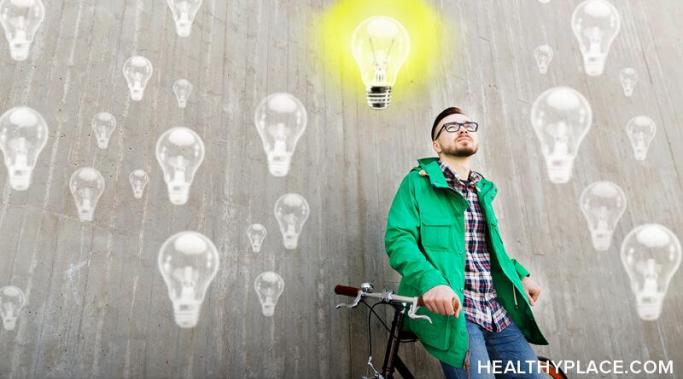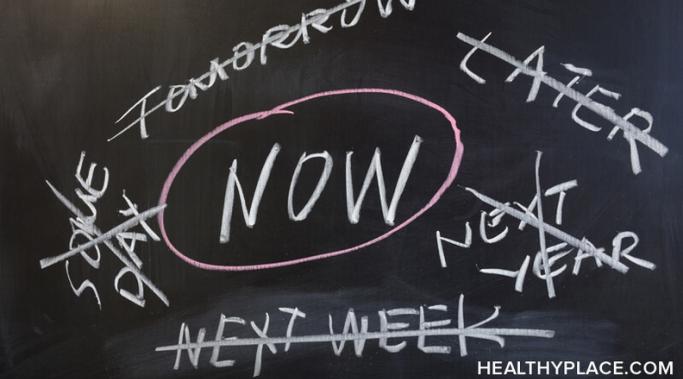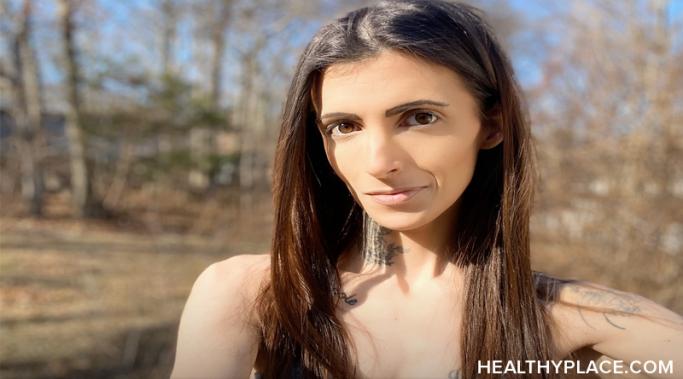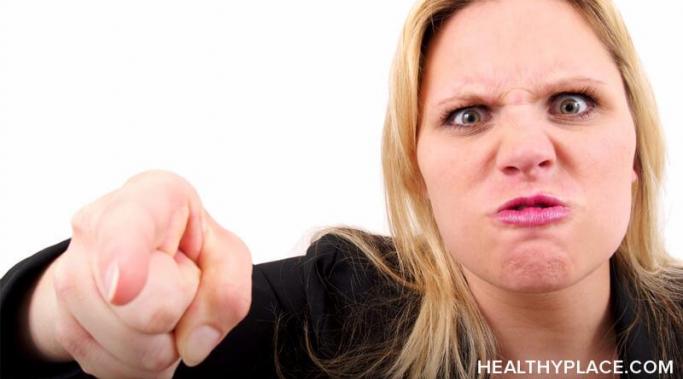Blogs
After being on antidepressants for over 10 years, I have noticed ways in which my antidepressants have impacted my sex drive. It is not uncommon for people to experience a shift in their libido when starting to take medication for their mental health. For some, this shift in sex drive may be apparent and seemingly detrimental to their relationships, while to others, this shift may be smaller (perhaps even negligible). When I first began taking antidepressants at 14, I noticed a drastic decrease in my experienced sexuality that became apparent even to my partners.
Most people know that working out can benefit physical health, but did you know that regular exercise can improve mental health as well? Exercise has been shown to significantly reduce posttraumatic stress disorder (PTSD) symptoms, improve sleep quality, and improve depression in people with PTSD.
The uncertainty in life at this time can make anxiety and depression seem intolerable and participating in healthy activities nearly impossible. For some people, not having enough work to do can leave them with too much time to ponder their shortcomings. They might also question whether their lives have meaning. For some people, simply being by themselves can leave enough privacy for self-injury behaviors. The consequences of boredom and loneliness need to be taken seriously to prevent mental health from getting worse. To learn about how you can get through depression safely and proactively with healthy activities, read this article.
I must confess, family therapy is something our family has never tried. My brother underwent intensive cognitive behavioral therapy when he was first diagnosed with anxiety and depression, and the facilitator recommended a family therapy session. My parents declined -- I guess the idea of everyone sitting down and talking about their feelings to a stranger didn't feel right at the time.
Luckily, coronavirus good news has finally made its way into the media. I'm finally seeing signs that the COVID-19 pandemic is easing in some places. This, of course, means the lockdowns that have taken place all over the world are now calming as well. Hearing this good news about the coronavirus has had a significant effect on my mental health.
It sounds strange to discuss social anxiety when you can't socialize in person, but the new landscape of communication has led to uniquely stressful challenges.
My name is Megan Lane, and I’m thrilled to join the “Verbal Abuse in Relationships” blog at HealthyPlace. I’ve been in verbally-abusive partnerships, including two failed marriages, on and off through the majority of my teenage and adult life.
In recent years a bold movement has come out against the porn industry; this might sound like a win for recovering porn addicts like myself, but that isn't always the case.
I’ve written recently that I was keeping fit, dieting and exercising, because of weight gain from the antipsychotic I take for my schizoaffective disorder. But that was before Illinois started to shelter-at-home due to COVID-19. Well, believe it or not, despite the pandemic and the self-quarantine, I’m still at it.
What do you think about accepting anxiety, that thing we hate? Acceptance is a powerful concept that can help us reduce anxiety. It isn't a modern trend, this latest craze in our attempt to manage stress, anxiety, depression, and everything else that challenges our mental health and wellbeing. It's actually an age-old practice with roots in Buddhism and other ancient traditions. It's a component of mindfulness, another concept with ancient heritage. In our modern era, acceptance is well-researched and part of legitimate therapeutic approaches like acceptance and commitment therapy. Yet, accepting anxiety is one of the most difficult concepts not just to understand but to put into practice.









